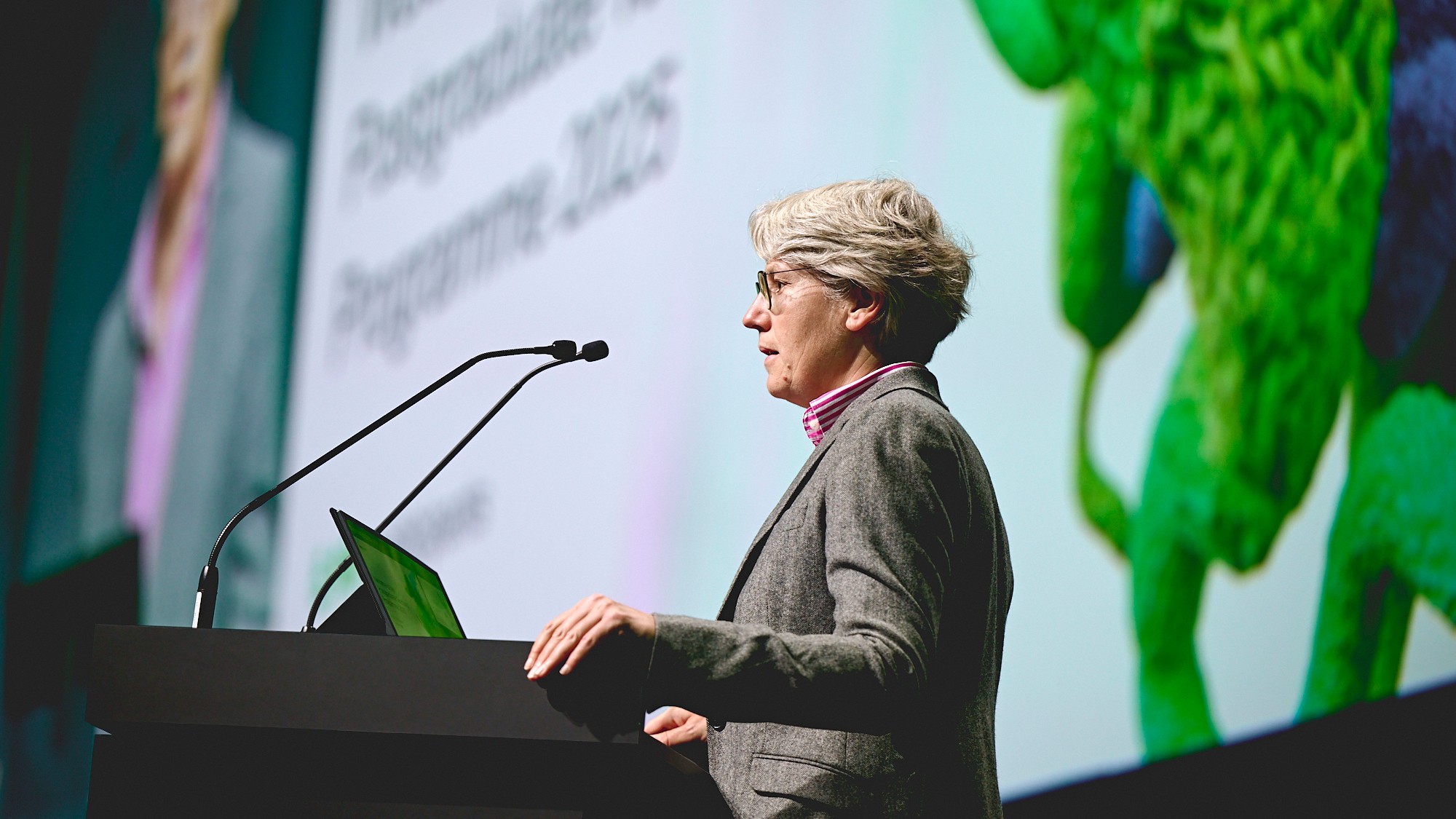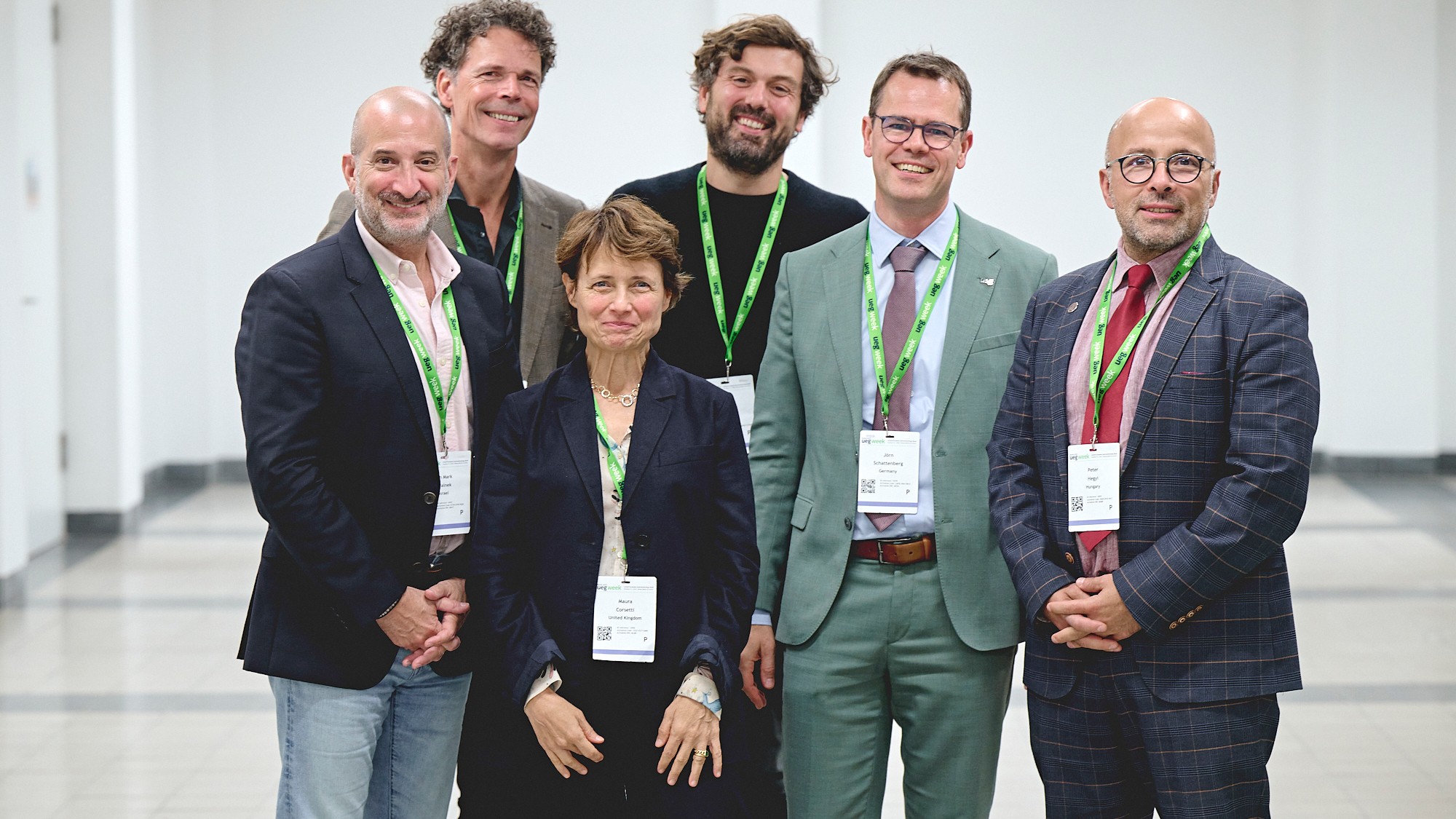Advanced colorectal cancer
• How to approach metastatic CRC: Systemic therapy vs surgery
• Role of chemotherapy in metastatic colon and rectal cancer with emphasis on precision ther-apy
• Other aspects of palliation: biliary and colonic stenting (maybe debate)
Constipation
• Diagnostic work-up depending on age and symptoms
• Role of diet, physical activity, fluid intake etc.
• Pharmacological treatment
• Biofeedback and other behavioural treatment
• Indications for surgery
Diverticular disease
• Classification and pathogenesis
• Diagnostic work-up and differential diagnosis
• Role of imaging and endoscopy in diverticular disease management
• Management
Proctology
• Identification and management of common proctological problems, including haemorrhoids, fissures and pruritus anis
• Defaecatory disorders
Management of abdominal emergencies
• Overview of potential causes of the acute abdomen (non-surgical and surgical)
• Clinical assessment, laboratory and imaging diagnostic tools
• Initial therapeutic management of the acute abdomen
• Novel areas of development and innovations

